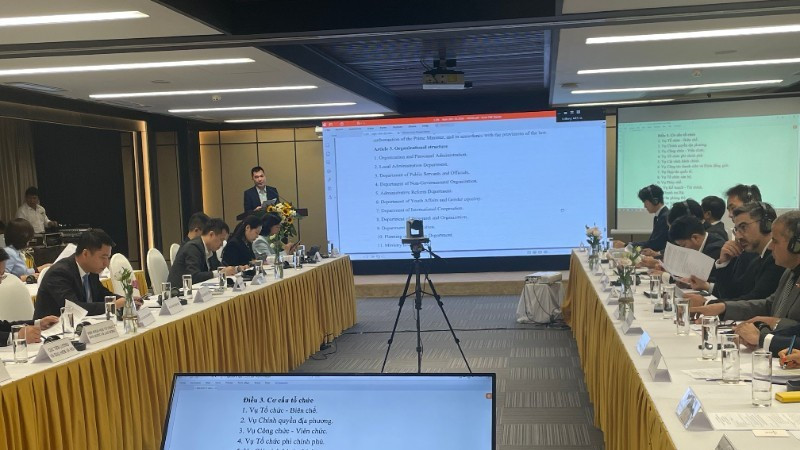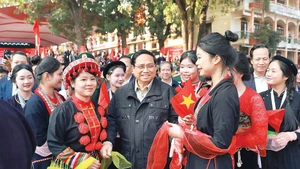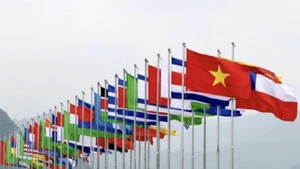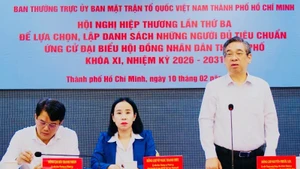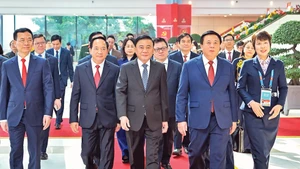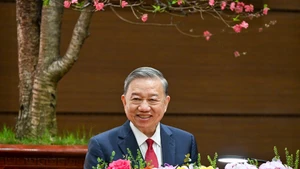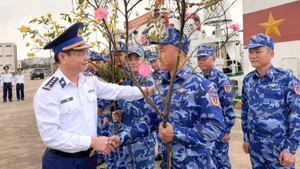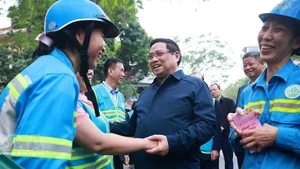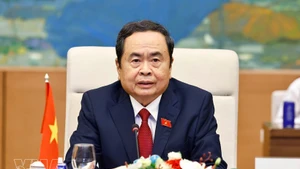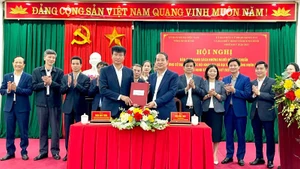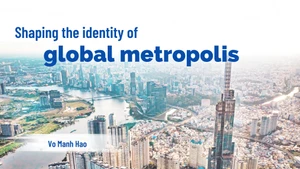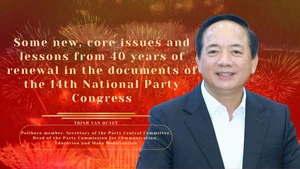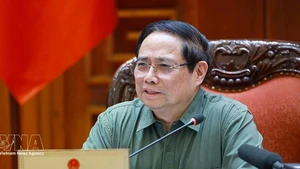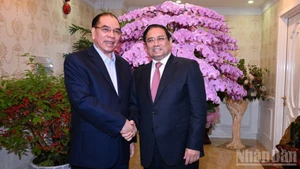In his opening remarks, Deputy Minister of Home Affairs Vu Chien Thang stated that Viet Nam has recently launched a systemic reform of its political apparatus towards a leaner, more capable, and efficient model. This includes shifting from administrative management thinking to citizen-centred public service governance to generate new momentum and capacity for socio-economic development and to improve people’s material and spiritual life.
Amid requirements to reform governance models and strengthen the capacity of officials, civil servants, and public employees from the central to local levels, and following the direction of the Politburo, the Secretariat and the Government Party Committee, the Ministry of Home Affairs has led the task of reorganising administrative units at all levels and establishing a two-tier local government organisational model, which was officially put in operation since July 1, 2025.
The restructuring requires strong cooperation, experience sharing, and technical assistance from international partners to ensure effective operations and to resolve emerging challenges and obstacles.
According to Deputy Minister Vu Chien Thang, the conference takes place at a time when Viet Nam is preparing for the 14th National Party Congress. Several key governance orientations and policies are being developed and drafted as part of the congress’ documentation framework to establish foundations for Viet Nam’s next development phase.
A key highlight of the conference was the insights shared by UN organisations on major international trends that carry meaningful implications for Viet Nam’s ongoing progress to strengthen and improve socialist rule-of-law institutions in the new era.
Discussions centred on transformative trends strongly shaping national governance and the home affairs sector, including innovation in public governance models, digital transformation, workforce capacity development, administrative organisational reform, and issues relating to the labour market and social welfare.
Delegates proposed that the Ministry of Home Affairs continue to maintain regular policy dialogue mechanisms, recognising dialogue as the foundation for expanding international cooperation, enhancing the quality of policy advice, and ensuring international cooperation activities are conducted in an open, transparent manner that delivers substantive, measurable outcomes.
